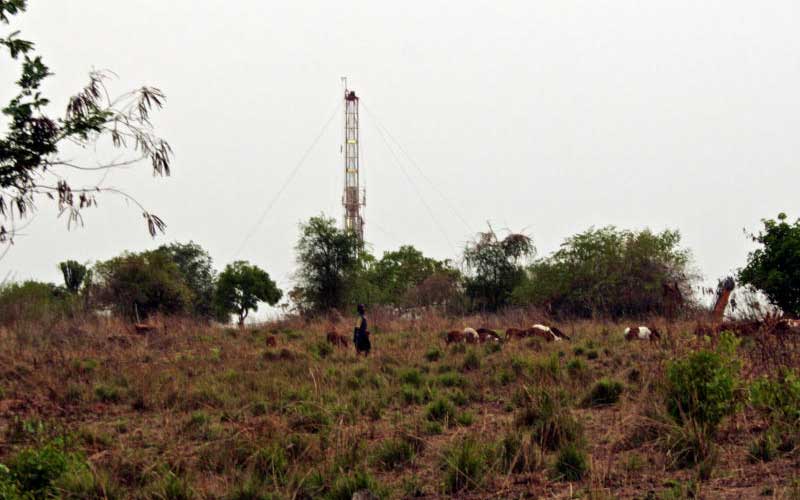×
The Standard e-Paper
Smart Minds Choose Us

Uganda expects to begin producing oil in 2022, its energy minister Irene Muloni said last week, indicating a slight delay from the country’s revised target of 2021.
Uganda discovered crude reserves more than 10 years ago but production has been repeatedly delayed by disagreements with field operators over taxes and development strategy.